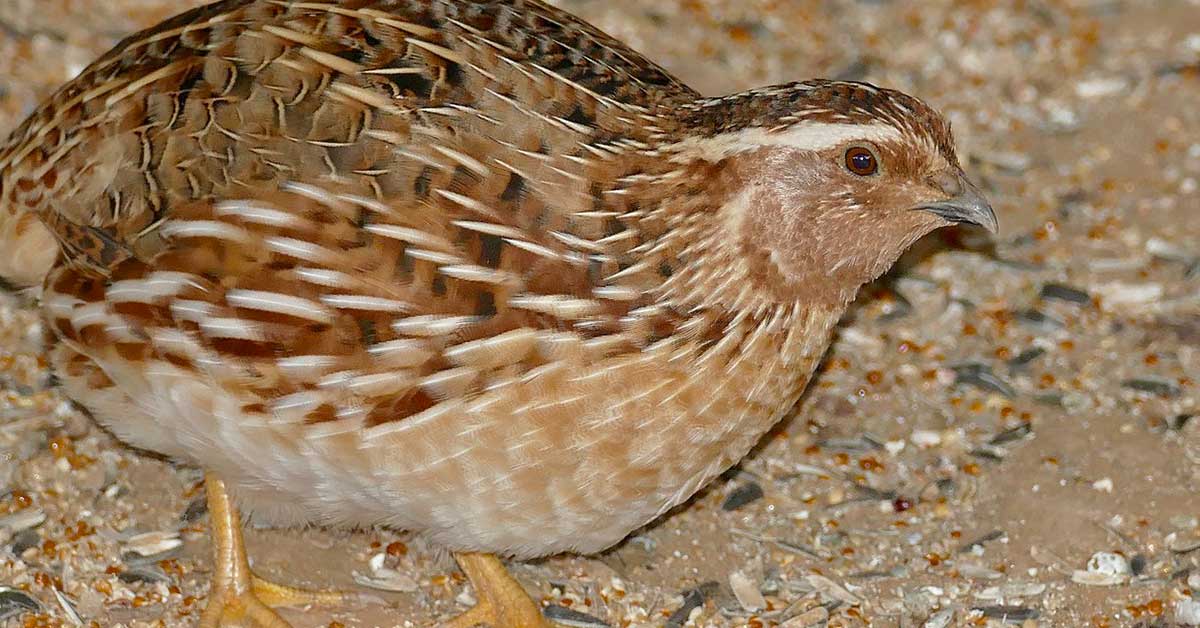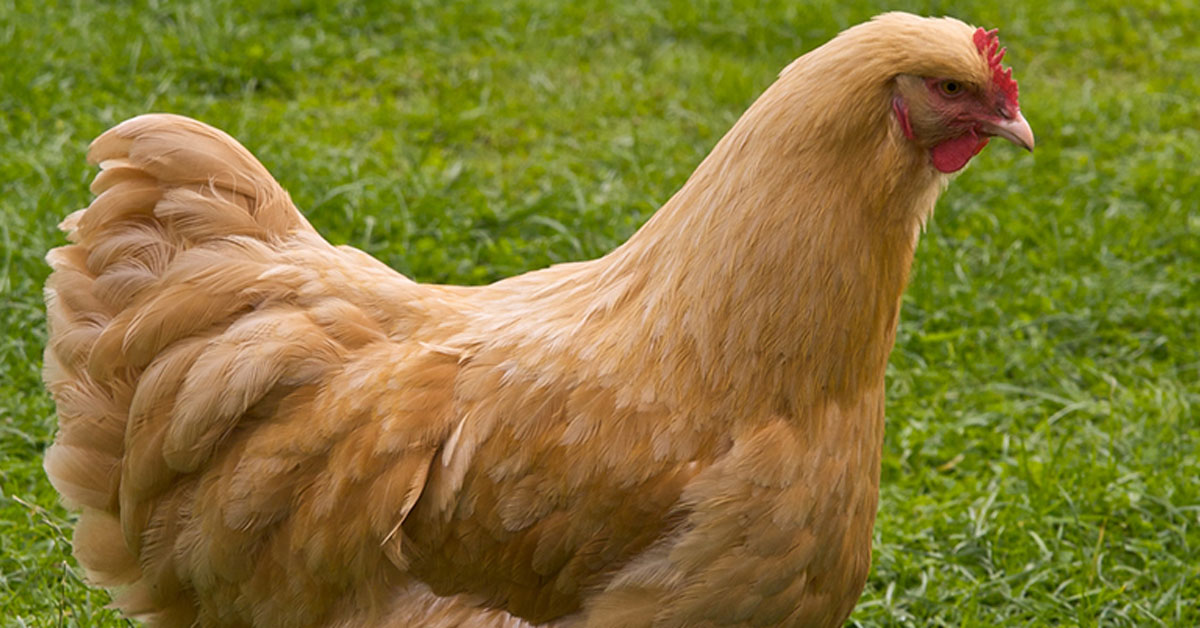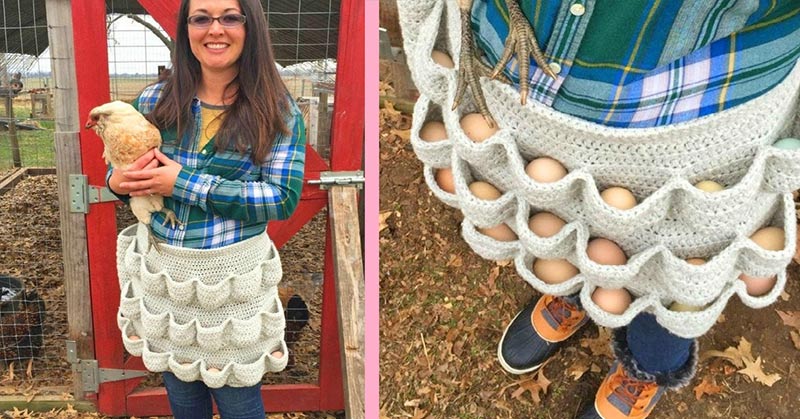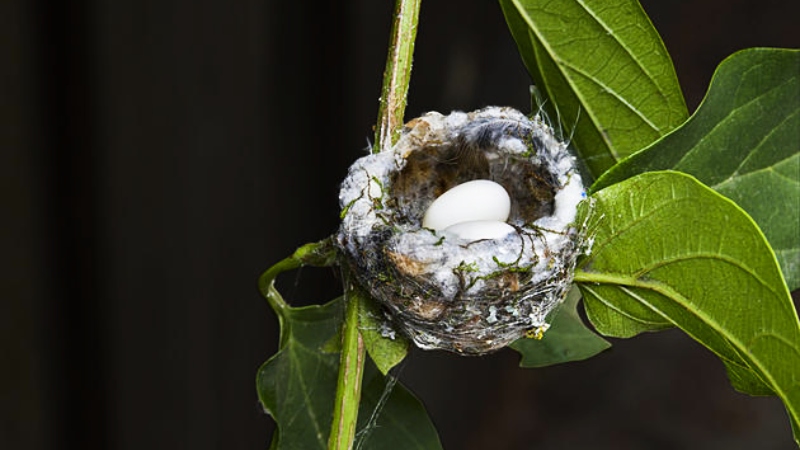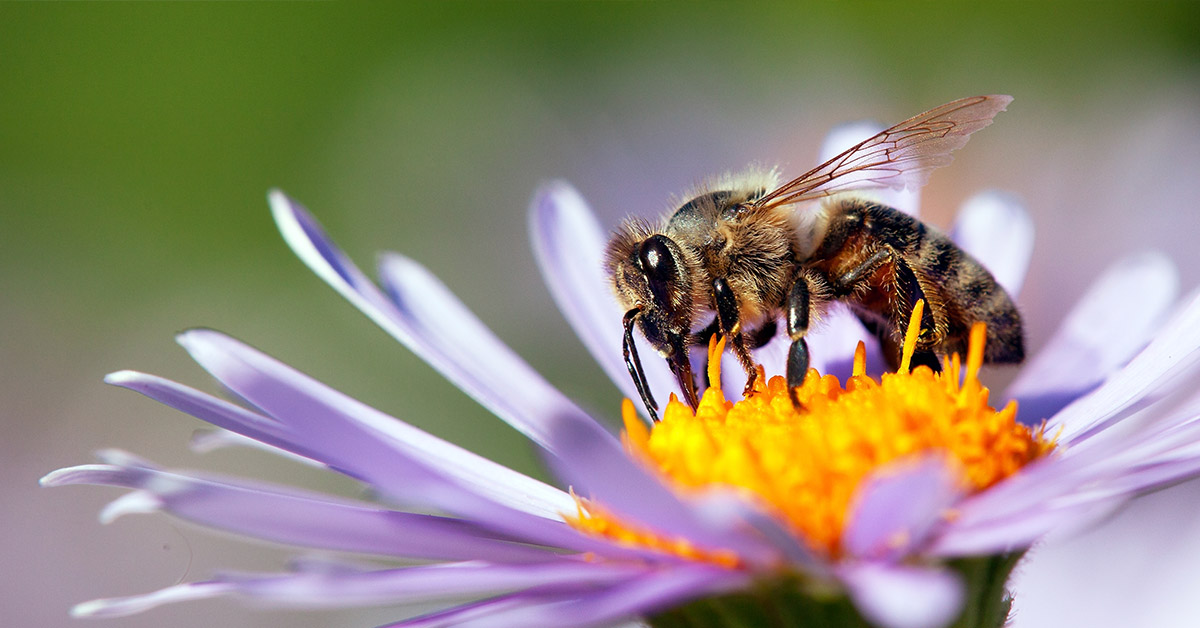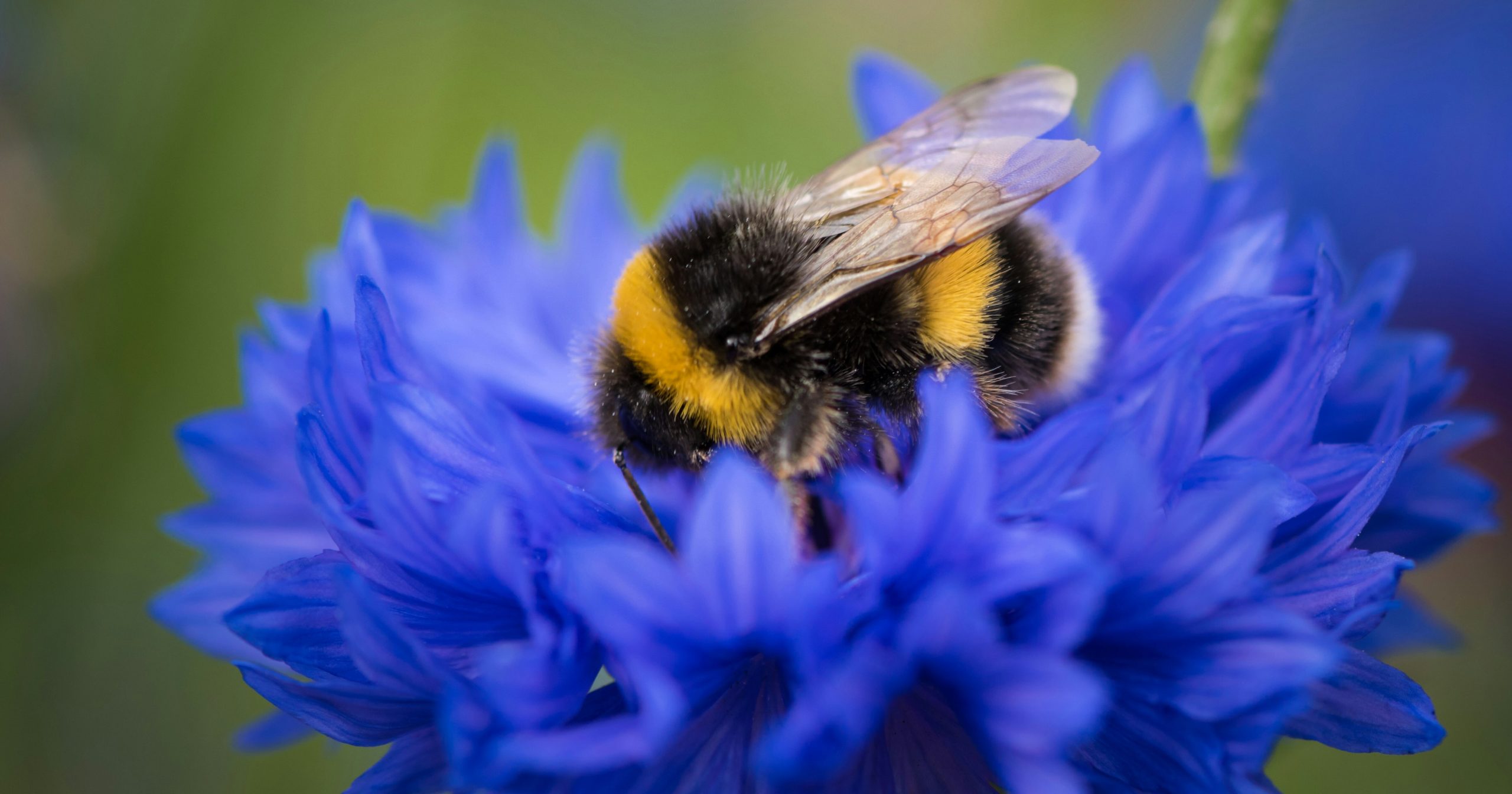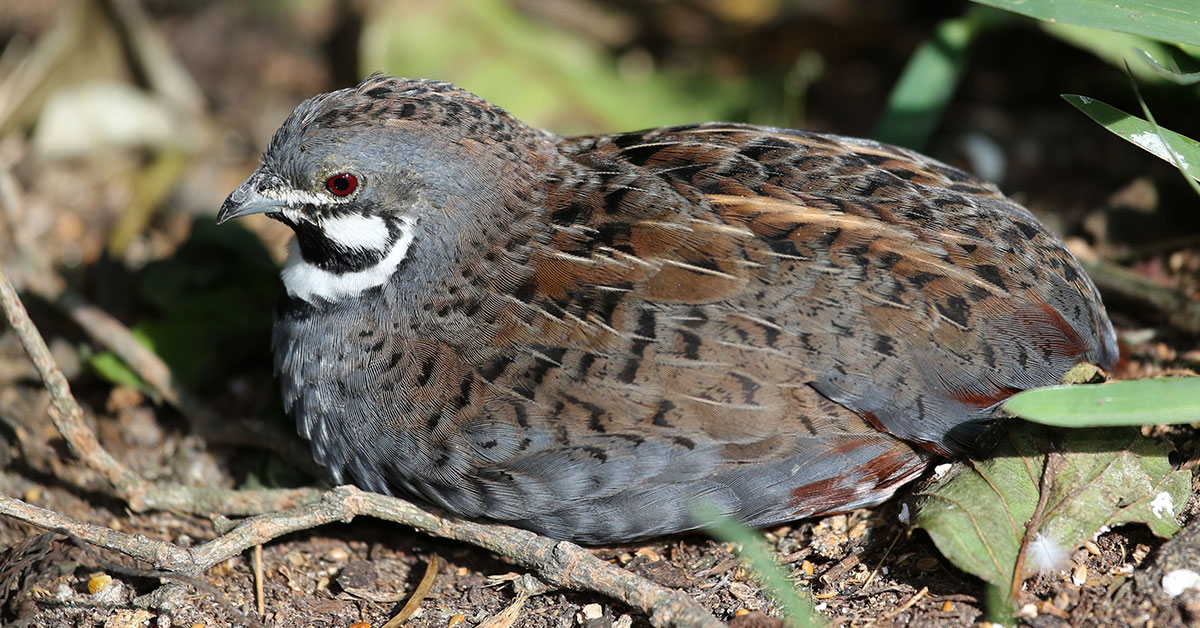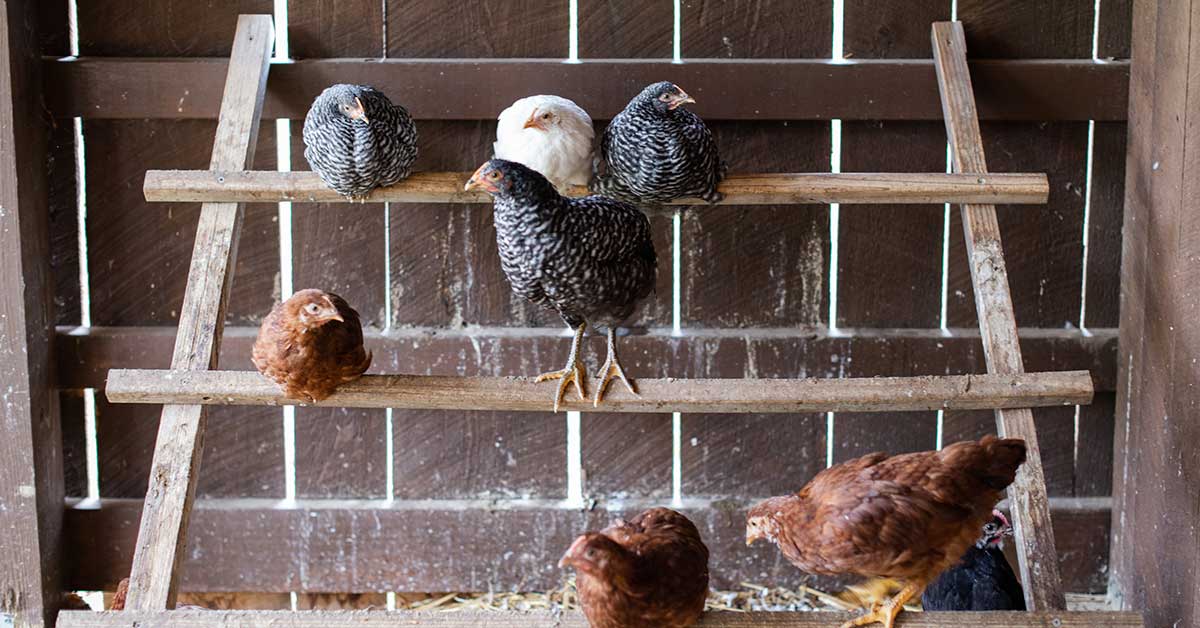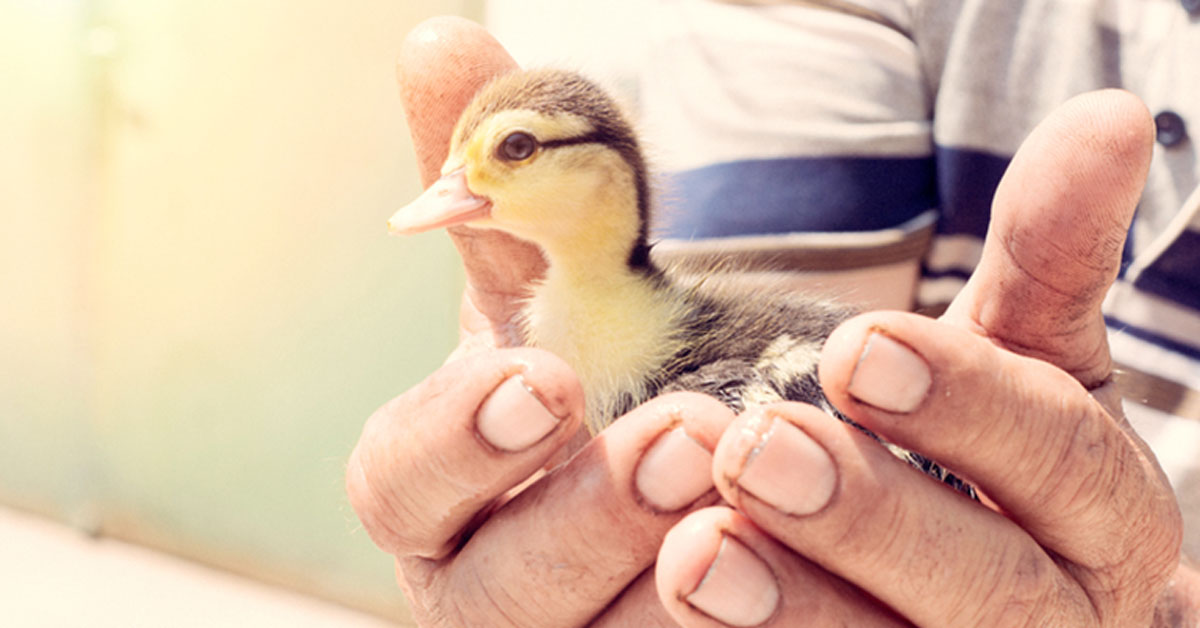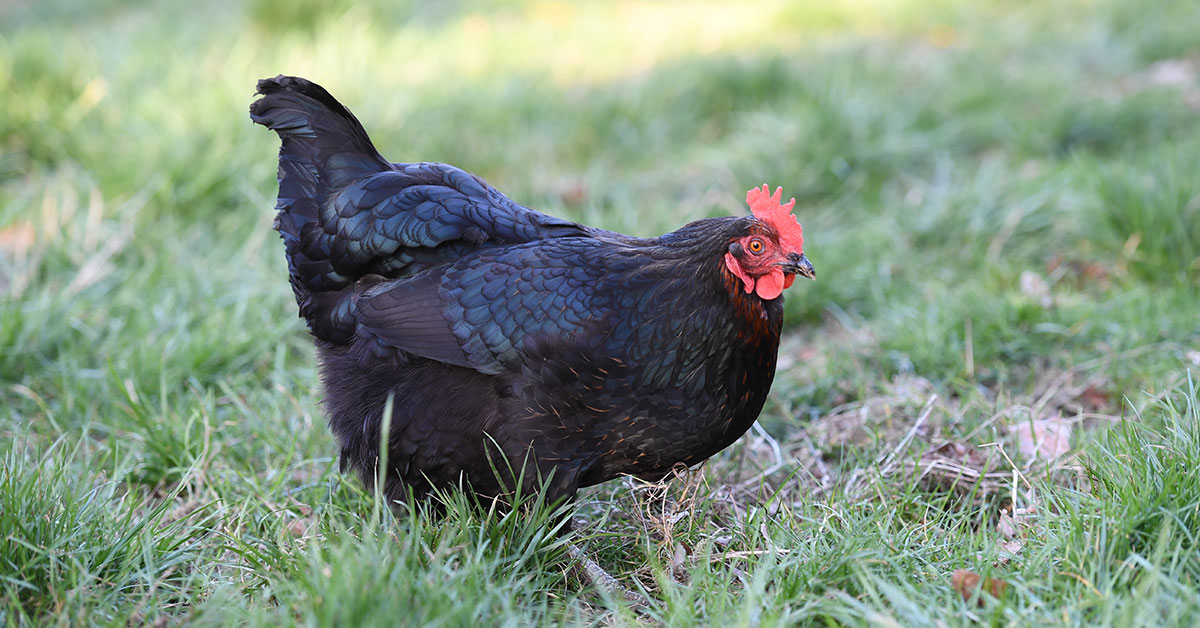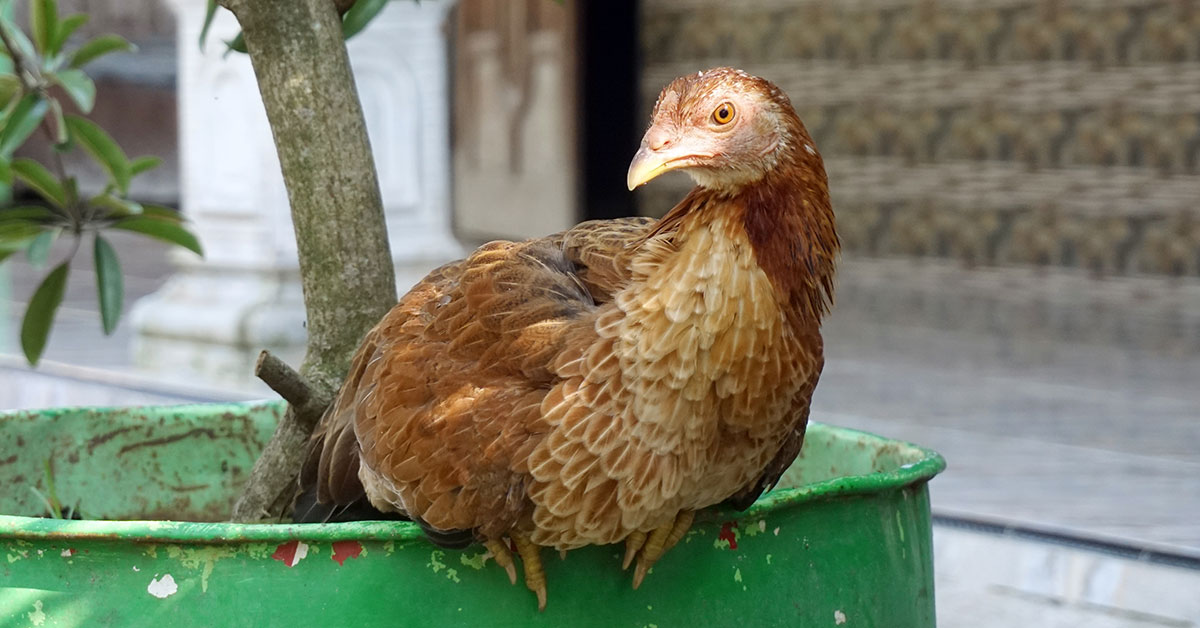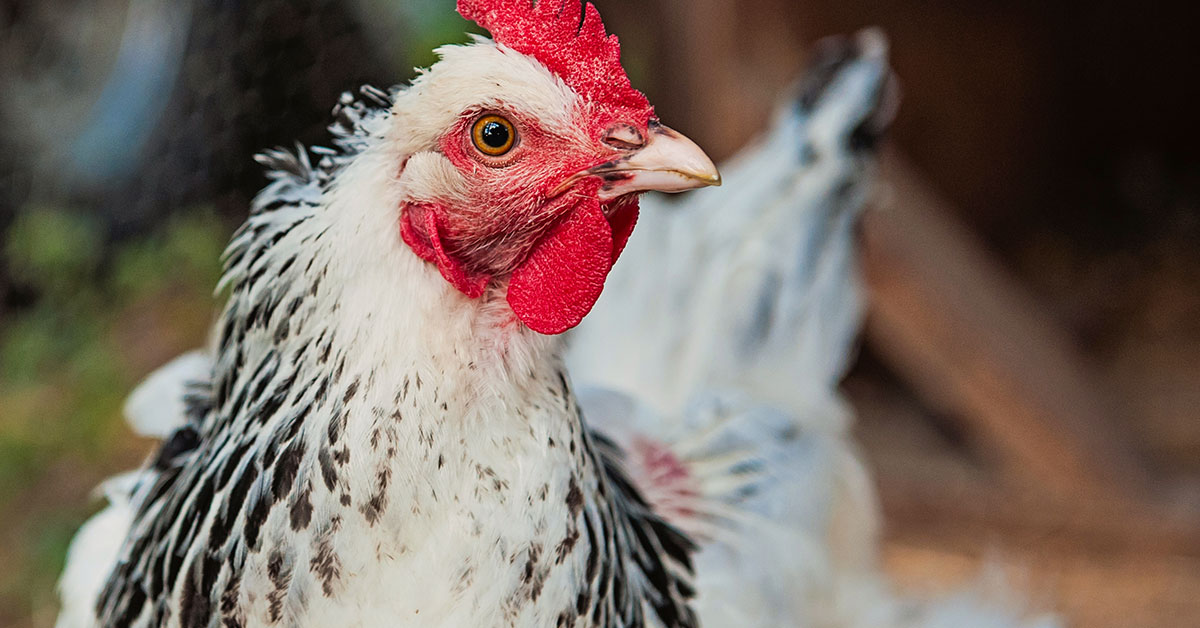I’ve been raising quail for many years, and one of the biggest questions I get is: how long do quail live? It’s a complicated question with a few answers. It really depends on the type of quail and how they are treated. In this article, we’ll explore some of my experiences with keeping quail, discuss about how long they live, and look at ways to increase their lifespan and quality of life!
Why choose quail?
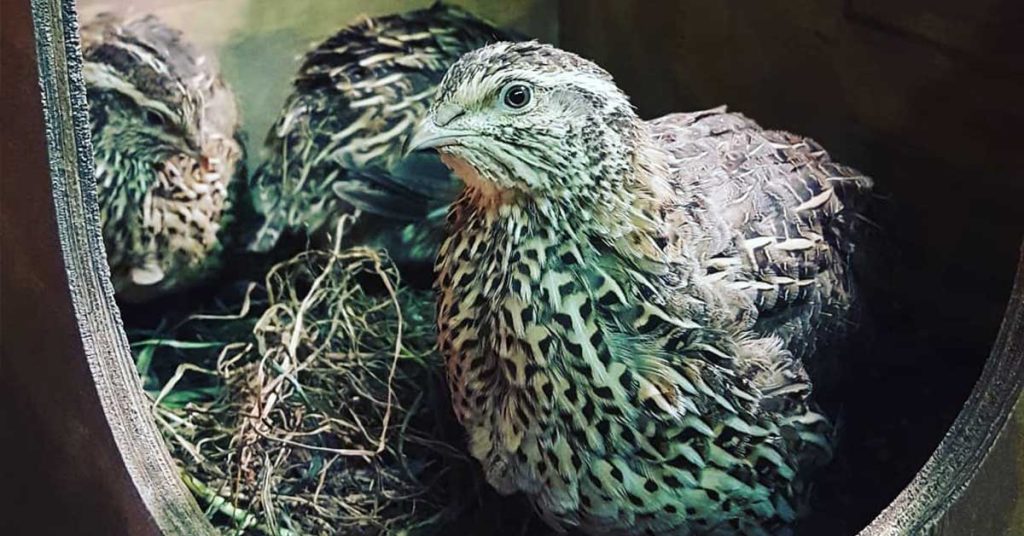
People who don’t have a great deal of space available for chickens, ducks, or other large poultry are turning to quail as a discrete way to get fresh eggs right at home. Domesticated quail are often kept as pets due to their docile, quiet nature. They can also provide eggs and meat for consumption. Quail are also beloved for their beauty and personalities, and many people enjoy watching them interact and play. In addition, some people breed quail as a hobby, or to sell as pets or for show.
For egg laying, Coturnix quail are hard to beat. These quail typically lay eggs every 24 hours. The number of eggs varies depending on the quail species and the time of year. During the spring and summer, quail typically lay more eggs than during other times of year. Additionally, the age of the quail also affects how often they lay eggs. Generally, younger quail lay more eggs than older quail.
For meat, Jumbo Coturnix quail are pretty much the go-to. Jumbo Coturnix quail are a great option for farmers looking to produce a tasty, high-yield bird. These quail reach full butchering weight at 8 weeks and can weigh up to 14 ounces. This makes them a great option for farmers looking to produce a high-yield meat bird in a short amount of time. Not only do they grow quickly, but they are also known for producing large, delicious eggs. With the proper care, these birds can produce up to 300 eggs per year, making them a great choice for both meat and egg production.
How long do quail live?
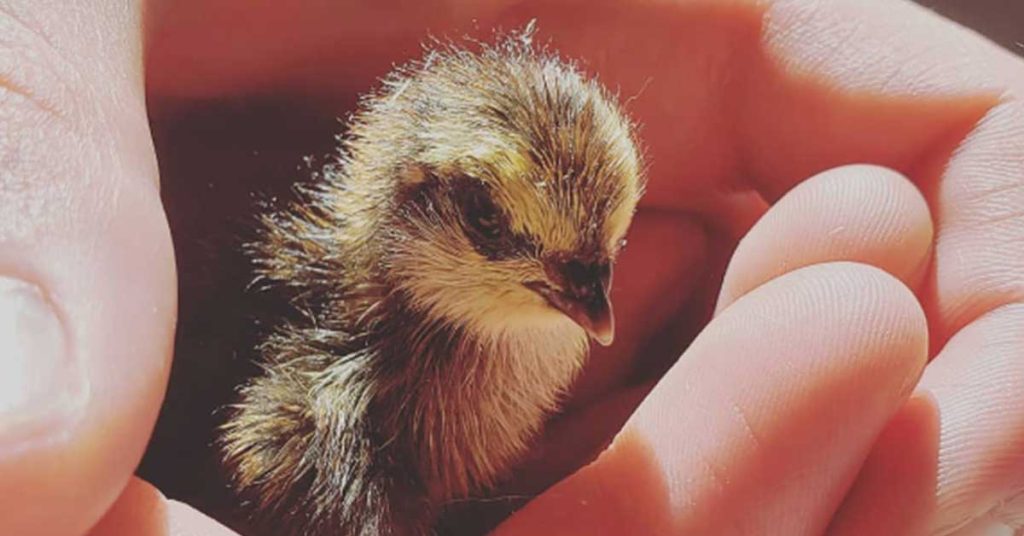
A quail typically has a lifespan of around 2 years. Quails are known for their short, yet productive lives. While they are capable of living longer if given the appropriate care, the average lifespan of a quail is just two years. In the wild, predators, environmental conditions, and other factors can contribute to a shorter lifespan. In captivity, proper nutrition and healthcare can help to extend a quail’s lifespan.
It’s also worth noting that the majority of your quail’s egg production happens in that first year. On average, they lay 300 eggs during their first year of life and 180 eggs during their second. If they make it to year three, they continue to lay fewer and fewer eggs. Many farmers who keep quail for their eggs cycle in new birds every year to keep egg productivity high.
When cared for in a controlled environment, they can certainly exceed their expected two-year lifespan. Quail kept as pets and carefully cared for can live up to five years or longer. This care includes a balanced and nutritious diet, regular fresh water, clean and secure housing, and preventive health measures such as deworming and vaccination programs.
It’s also crucial to minimize stress by providing an environment that closely resembles their natural habitat. It includes sheltered areas and dust baths for preening. Thus, with careful and committed care, quail can indeed enjoy a life expectancy that far surpasses their wild counterparts.
Extending your quail’s lifespan
Properly caring for your quail can help extend your bird’s lifespan well beyond the 2 year average that we’ve noted in this article. Personally, I’ve heard of people having pet quail for 5 or more years and have had many quail live into their third year. There are some steps you can take to help your quail live nice, long lives.
- Provide a safe, secure, and clean enclosure: A safe and secure enclosure is essential for quails to remain healthy and happy. Provide a large, secure enclosure with plenty of space for them to roam and explore. Make sure that the enclosure is away from predators and that it is protected from the elements. If you keep quail outdoors, predators are probably going to be the leading cause of death.
- Provide adequate nutrition: Quails need a balanced diet of high-quality quail feed, fresh vegetables, fruits, and insects. Quail feed should provide a balance of vitamins, and minerals, and have at least 22% protein. Make sure to provide fresh, clean water daily.
- Provide enrichment items: Quails need enrichment items, such as toys, branches, and other items, to help keep them entertained and mentally stimulated. Bored quail have less of a reason to live, sadly, and may fail to thrive.
- Keep the enclosure clean: Quails produce a lot of waste, so the enclosure needs to be cleaned regularly. Clean the enclosure once a week to keep it free of bacteria and parasites. Many people keep their quail partially on wire to keep them away from their droppings. If you go this route, give them a place where they can get their feet off the wire, and only use coated wire flooring.
- Monitor the health of your quail: Check your quail regularly for signs of illness or injury. If you notice any signs of illness, seek to treat it as soon as you can. Don’t hesitate to visit an avian veterinarian.
- Provide adequate space: Quails need plenty of space to move around and explore. A larger enclosure is better for quails, as they tend to be more active when they have more space. If you cram a bunch of quail into a small space, you’re much more likely to have fatalities.
